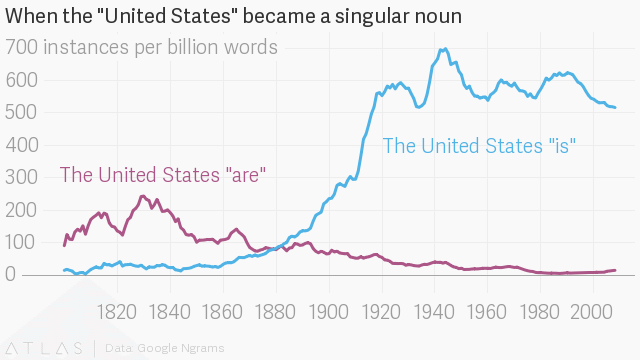Source: Shtetl-Optimized » Blog Archive » The Kolmogorov option
It seems likely that in every culture, there have been truths, which moreover everyone knows to be true on some level, but which are so corrosive to the culture’s moral self-conception that one can’t assert them, or even entertain them seriously, without (in the best case) being ostracized for the rest of one’s life.
Does this mean that, like Winston Smith, the iconoclast simply must accept that 2+2=5, and that a boot will stamp on a human face forever? No, not at all. Instead the iconoclast can choose what I think of as the Kolmogorov option. This is where you build up fortresses of truth in places the ideological authorities don’t particularly understand or care about, like pure math, or butterfly taxonomy, or irregular verbs. You avoid a direct assault on any beliefs your culture considers necessary for it to operate. You even seek out common ground with the local enforcers of orthodoxy. Best of all is a shared enemy, and a way your knowledge and skills might be useful against that enemy. … Meanwhile, you wait for a moment when, because of social tectonic shifts beyond your control, the ruling ideology has become fragile enough that truth-tellers acting in concert really can bring it down. You accept that this moment of reckoning might never arrive, or not in your lifetime. But even if so, you could still be honored by future generations for building your local pocket of truth, and for not giving falsehood any more aid or comfort than was necessary for your survival.
Hilbert said that science, unlike religion, has no need for martyrs, because it’s based on facts that can’t be denied indefinitely.
…
There’s a quiet dignity to Kolmogorov’s (and Galileo’s) approach: a dignity that I suspect will be alien to many, but recognizable to those in the business of science.
